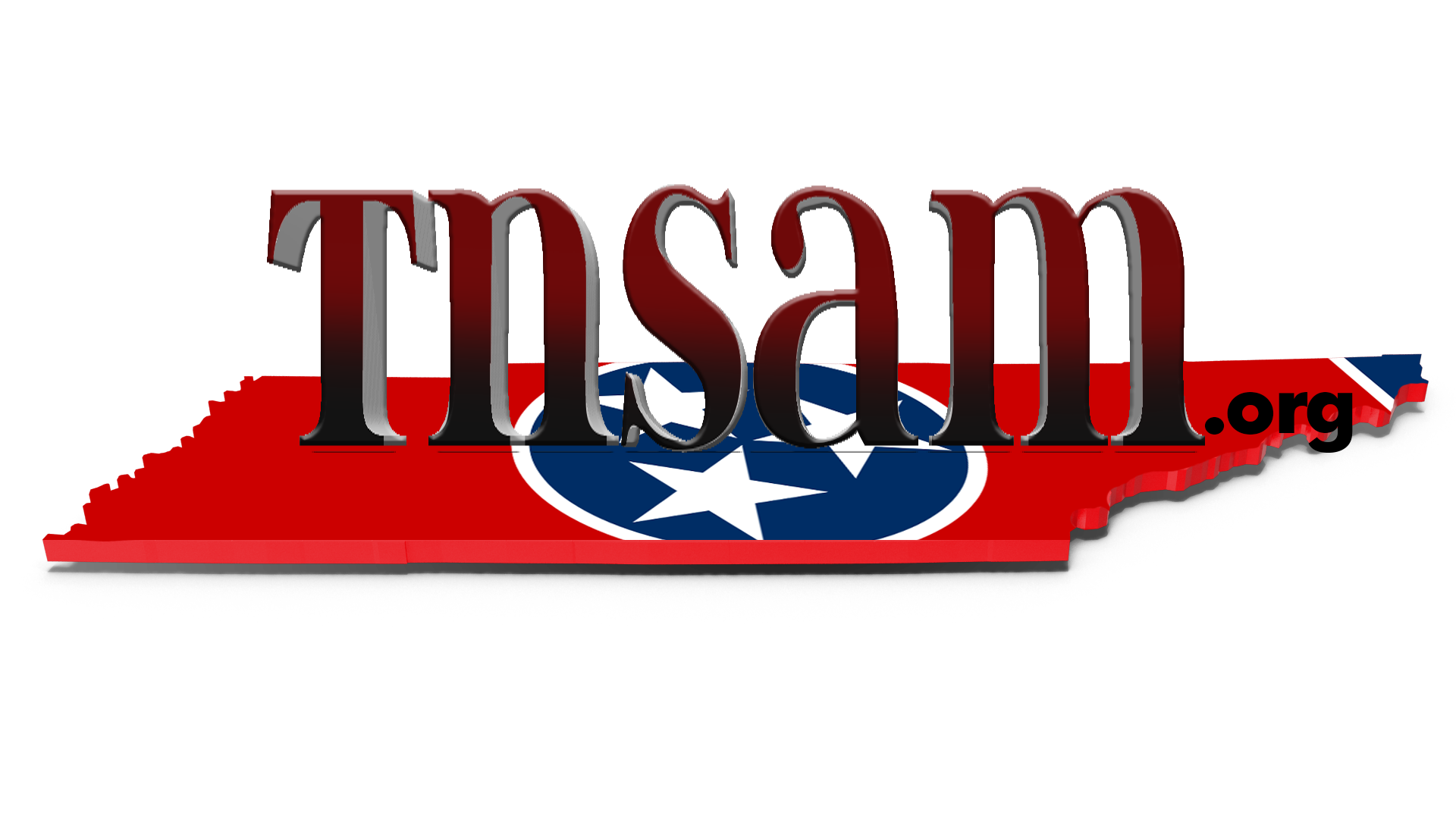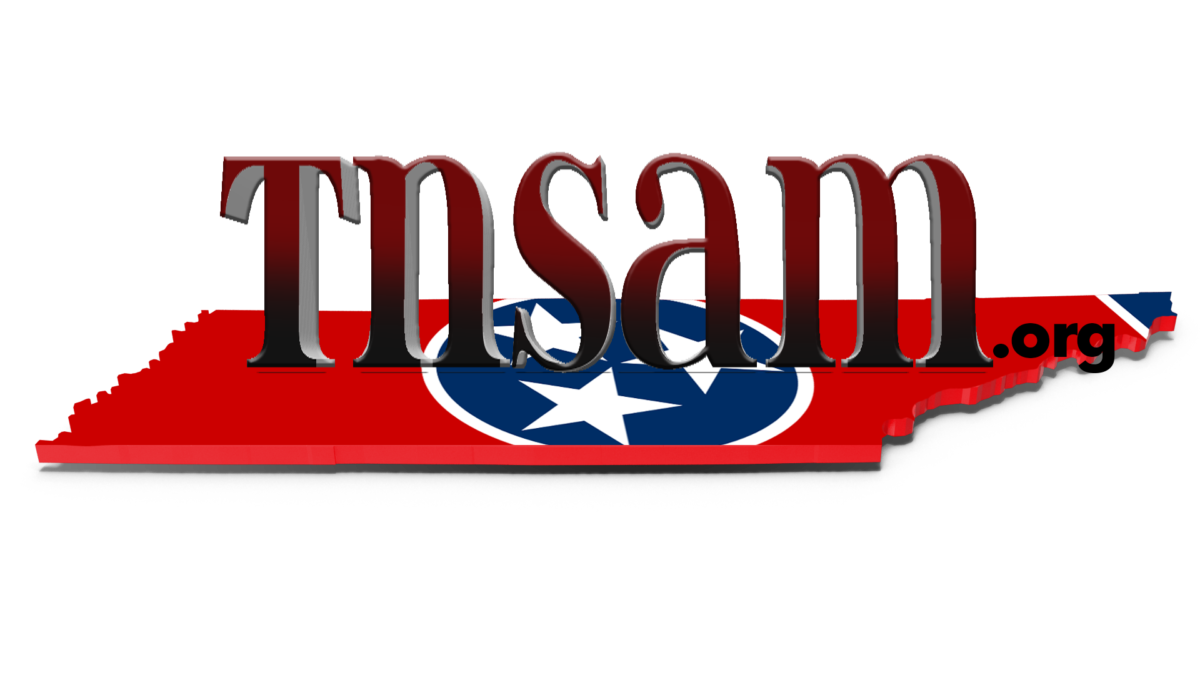OBOT Program Changes: New Tennessee Laws Allow NPs and PAs to Prescribe Buprenorphine and Impose New Financial
As Tennessee continues to look for options to expand access to opioid treatment services, a new Tennessee law expands the types of providers who may prescribe medication-assisted treatment and imposes certain financial obligations on all providers who prescribe buprenorphine.
Under Tennessee HB1980, certain non-physician practitioners – such as nurse practitioners (NPs) and physician assistants (PAs) (collectively, NPPs) – may prescribe buprenorphine in Office Based Opioid Treatment (OBOT) programs if certain criteria are met (OBOT Law). It is the second bill passed by the Tennessee General Assembly during this year’s legislative session to expand access to medication-assisted treatment for opioid use disorder. The first bill, HB0656, allowed certain NPPs to prescribe buprenorphine but was limited to those employed by a community mental health center or a Federally Qualified Health Center (FQHC) with clinical protocols for medication-assisted treatment (Mental Health and FQHC Law).
The OBOT Law, which goes into effect August 1, expands authorization to prescribe buprenorphine to include NPPs who have practiced as a family, adult or psychiatric NPP in Tennessee and who are currently employed or contracted with a nonresidential office-based opiate treatment facility.
OBOTs planning to use NPPs in this role must meet several strict requirements, including the following:
- The licensed nonresidential OBOT facility with which the NPP works does not have authority to dispense buprenorphine products.
- The OBOT facility and its healthcare providers are contracted and credentialed with the Bureau of TennCare (TennCare) and TennCare’s MCOs to treat opioid use disorder with buprenorphine products.
- The OBOT facility or its healthcare providers directly bill TennCare and TennCare’s MCOs for the services provided within the facility.
- The OBOT facility is, or its healthcare providers are, accepting new TennCare enrollees or patients for treatment of opiate addiction.
An NPP prescribing medication-assisted treatment also is subject to a number of requirements, including the following:
- The NPP practices under the direct supervision of a licensed physician who meets the following criteria:
- Holds an active DEA DATA 2000 waiver.
- Is actively treating patients with buprenorphine products for recovery or medication-assisted treatment at the same OBOT facility as the provider.
- Does not oversee more than two providers at one time during clinical operations.
- Ensures all applicable state laws and guidelines are followed.
- The NPP obtains a waiver registration from the DEA authorizing the NPP to prescribe buprenorphine products under federal law and regulations.
- The NPP writes prescriptions for buprenorphine that can only be dispensed by a licensed pharmacy to ensure entry into the controlled substance monitoring database.
- The NPP does not write any prescription for a buprenorphine product that exceeds a 16mg daily equivalent.
- The NPP does not prescribe or dispense a mono-product or buprenorphine without naloxone except for injectable or implantable buprenorphine formulations, which must be directly administered by a healthcare provider acting within his or her scope of practice.
The NPP also is limited to writing prescriptions of buprenorphine products to 100 or fewer patients at any given time.
The OBOT Law also subjects all providers who prescribe buprenorphine in Tennessee to certain restrictions on acceptance of payment. Providers who prescribe buprenorphine may now accept only a check, money order, or debit or credit card linked to a bank in payment for services. Cash is acceptable only for a co-pay, coinsurance, or deductible and only if the prescriber or facility submits the remainder of the bill for the services provided to the patient’s insurance plan for reimbursement.
Providers also are prohibited from being compensated on a per-patient or percentage basis for providing services related to buprenorphine treatment. Finally, providers are prohibited from knowingly providing medication-assisted treatment to a TennCare enrollee unless that provider directly bills or seeks reimbursement from TennCare or TennCare’s MCOs for services provided to such TennCare enrollee.
The Mental Health and FQHC Law, which went into effect July 1, imposes requirements largely similar to those imposed by the OBOT Law. For example, like the OBOT Law, the Mental Health and FQHC Law requires facilities and their healthcare providers to be contracted and credentialed with and bill TennCare and accept new TennCare enrollees for treatment of opiate addiction. The Mental Health and FQHC Law also requires NPPs to obtain a waiver registration from the DEA to practice under the direct supervision of a licensed physician with a DATA 2000 waiver, and to only write prescriptions of buprenorphine that do not exceed a 16mg daily equivalent and that can only be dispensed by a licensed pharmacy.
However, the two laws differ in certain respects. Mental health centers and FQHCs using NPPs to prescribe buprenorphine under the Mental Health and FQHC Law must require all patients to verify their identity. The NPPs prescribing medication-assisted treatment also must not have any limitations or conditions imposed on their licenses within the previous three years. The NPPs are prohibited from prescribing or dispensing a mono-product or buprenorphine without naloxone and are limited to writing prescriptions of buprenorphine products to 50 or fewer patients at any given time. Moreover, while the Mental Health and FQHC Law allows up to four NPPs to be supervised by a physician, the supervising physician is required to review 100% of the charts of patients being prescribed buprenorphine. The Mental Health and FQHC Law also places an affirmative duty on NPPs to initiate and lead discussions with a patient regarding the patient’s readiness to taper down or taper off treatment medication at the patient’s request and in any event no later than one year after initiating treatment and every six months thereafter.
The new laws demonstrate Tennessee’s commitment to expanding options for Tennessee residents to have access to opioids related to treatment. OBOTs, community mental health centers, and FQHCs who decide to use NPPs to prescribe medication-assisted treatment should carefully review the requirements and ensure they maintain documentation demonstrating that each requirement is satisfied. Providers of medication-assisted treatment also should review their patient collection practices and compensation structures to ensure they meet the new financial restrictions.


Testing. RS